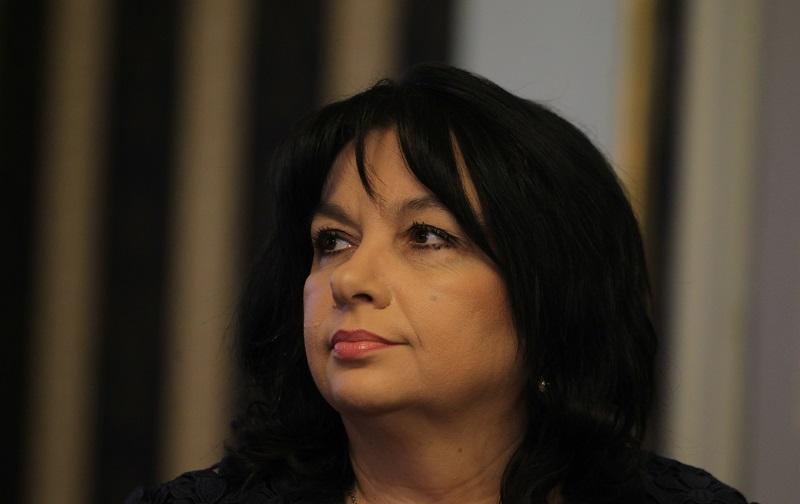Bulgaria does not give up its coal plants, Energy Minister Temenuzhka Petkova said on February 24 after a meeting with the trade unions, which discussed the conditions under which the country would accept the so-called “Green Deal” of the European Commission for a carbon-free economy. The CITUB and Podkrepa unions called on the country not to agree unconditionally with all of Brussels' demands and offered three red lines, from which the Bulgarian position should not recede.
Extending state aid to the country’s coal plants after 2025, in order not to have an increase in the price of electricity and not to close an entire sector of the economy, is one of the conditions that unions demand to be included in the Bulgarian position in the negotiations on the "green deal" with Brussels.
The Energy Minister assured that Bulgaria will protect the interests of the coal industry.
Temenuzhka Petkova, Minister of Energy: In the integrated climate-energy plan we have developed, we have made it very clear that by 2030, with a horizon by 2050, Bulgaria will continue to rely on its coal plants.
The condition for Brussels to allow Bulgaria to extend the state aid for TPP is the households to enter the free electricity market, which is a concern for the trade unions.
Dimitar Manolov, President of Podkrepa: The forthcoming, so-called. liberalisation of the price of electricity, means, in fact, an increase in the price of electricity. To put it bluntly, this process means that the price of electricity should be equal. So far so good, but then it means the size of wages should be equal.
Petkova reassured that the state will not fully liberalise electricity prices for households after July 1st.
Temenuzhka Petkova, Minister of Energy: It must be done smoothly, at stages in terms of protecting vulnerable consumers, when we are talking about complete liberalisation of the electricity market and specific steps should be taken.
The unions have also asked Bulgaria not to accept carbon cuts above the current 45% and not to allow the money from their trade, for over a billion and 100 million a year, to enter a common European fund, instead of using it as it has been used so far for Bulgarian energy security.






 Чуй новините
Чуй новините Подкаст
Подкаст






















